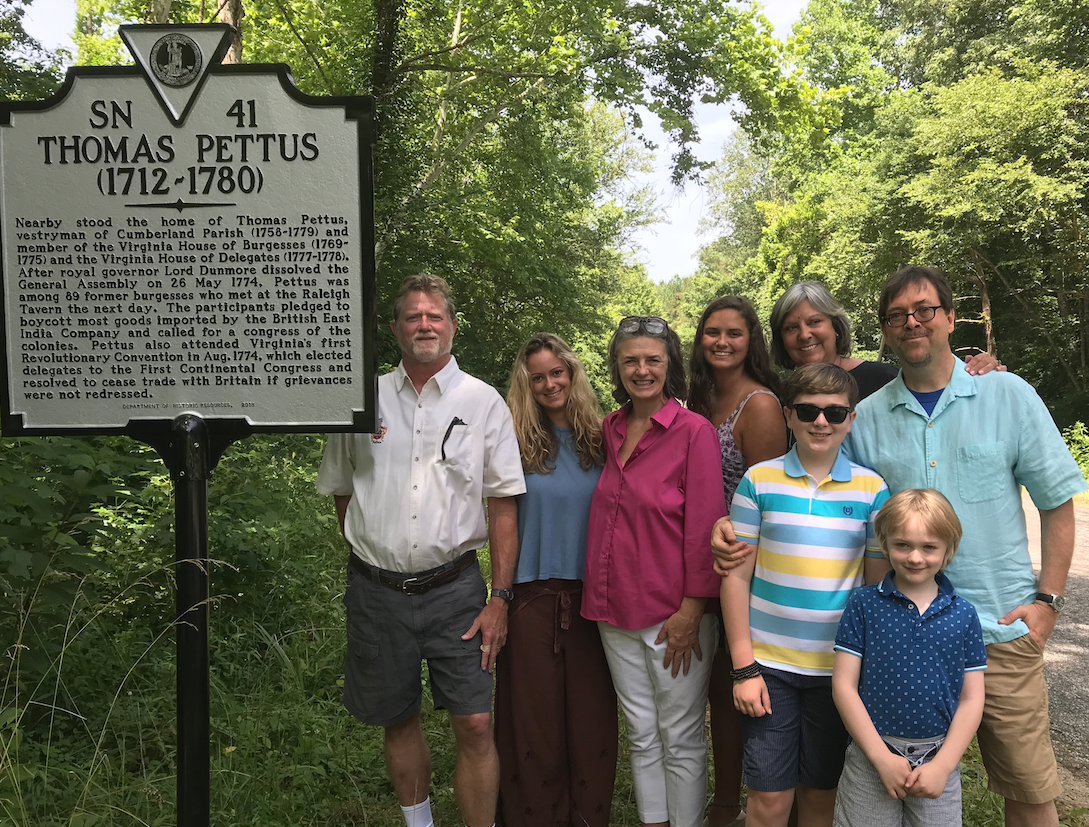Highway marker dedicated
Published 9:06 am Sunday, July 14, 2019
Members of the community and family members of Thomas Pettus, an influential figure in the Revolutionary War era, held a dedication for a highway marker honoring Pettus July 1.
The marker is located on Route 634, Traffic Road, in Lunenburg County along the northbound lane approximately 0.74 miles north of the Mecklenburg County Line.
Thomas Pettus, of Lunenburg, according to a release from the Lunenburg County Historical Society, served as a Burgess prior to the Revolutionary War. He was active in efforts toward independence of the colonies, ultimately resulting in the Declaration of Independence on July 4, 1776. He was born in 1712 and died in 1780.
Lunenburg County Historical Society President Stephen Israel read a statement from Jennifer Loux, highway marker program manager with the Virginia Department of Historic Resources.
“On behalf of the Commonwealth of Virginia, we are proud to present this marker about Thomas Pettus,” the statement cited. “The marker, which stands near Pettus’s home, will educate passers-by about his important service to Virginia, and thus to the future United States, in the effort to unite the American colonies in resistance to British trade policy. These actions laid the groundwork for the Revolution, and it is fitting that this marker is being unveiled during the week of Independence Day.”
According to documentation from Loux, the state highway marker program is the oldest system of historical roadside markers in the country, first beginning in 1927. There are currently more than 2,700 across Virginia.
The full text of the Thomas Pettus marker, provided by Israel, can be read below:
Thomas Pettus
(1712-1780)
Nearby stood the home of Thomas Pettus, vestryman of Cumberland Parish (1758-1779) and member of the Virginia House of Burgesses (1769-1775) and the Virginia House of Delegates (1777-1778). After royal governor Lord Dunmore dissolved the General Assembly on 26 May 1774, Pettus was among 89 former burgesses who met at the Raleigh Tavern the next day. The participants pledged to boycott most goods imported by the British East India Company and called for a congress of the colonies. Pettus also attended Virginia’s first Revolutionary Convention in Aug. 1774, which elected delegates to the First Continental Congress and resolved to cease trade with Britain if grievances were not redressed.




